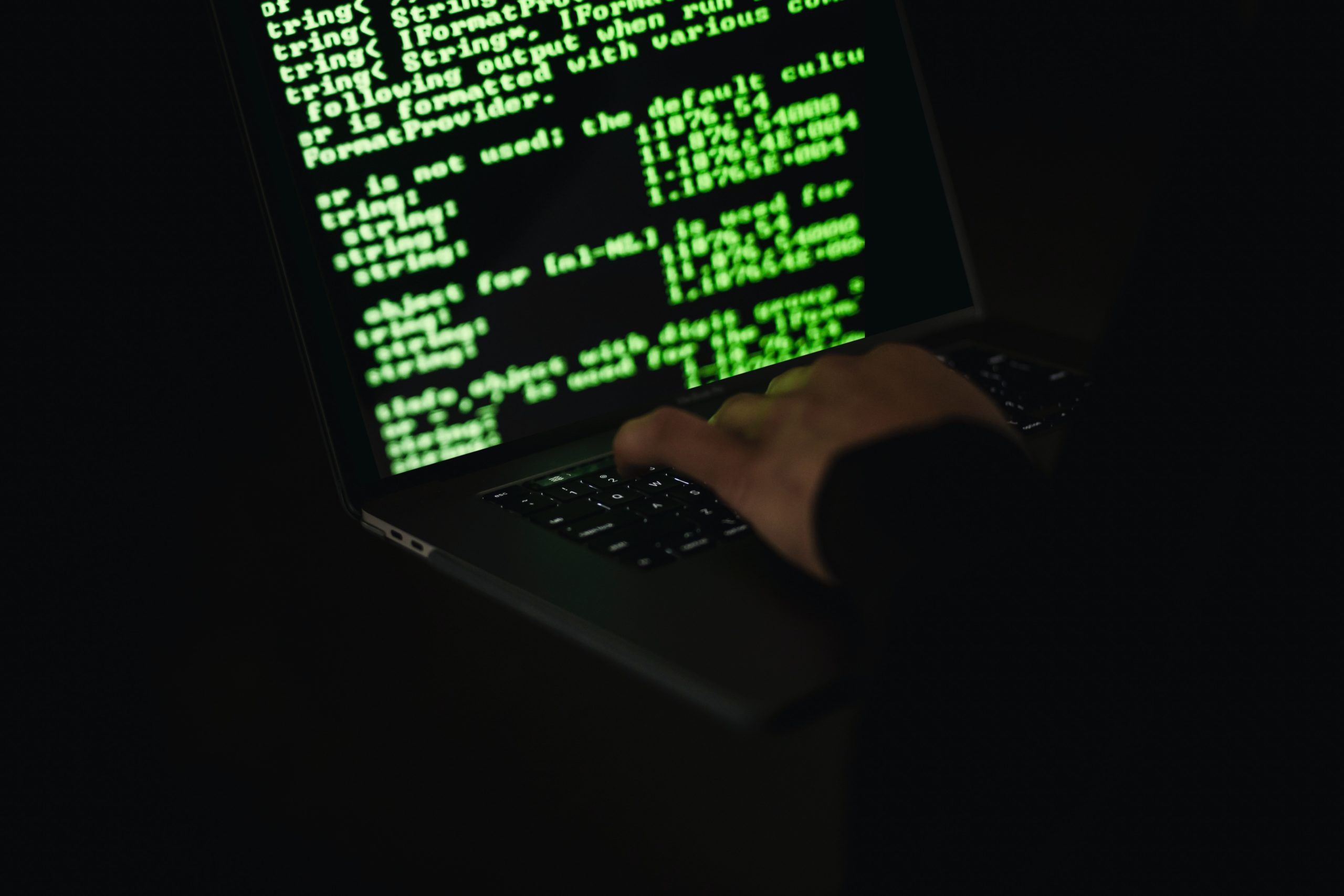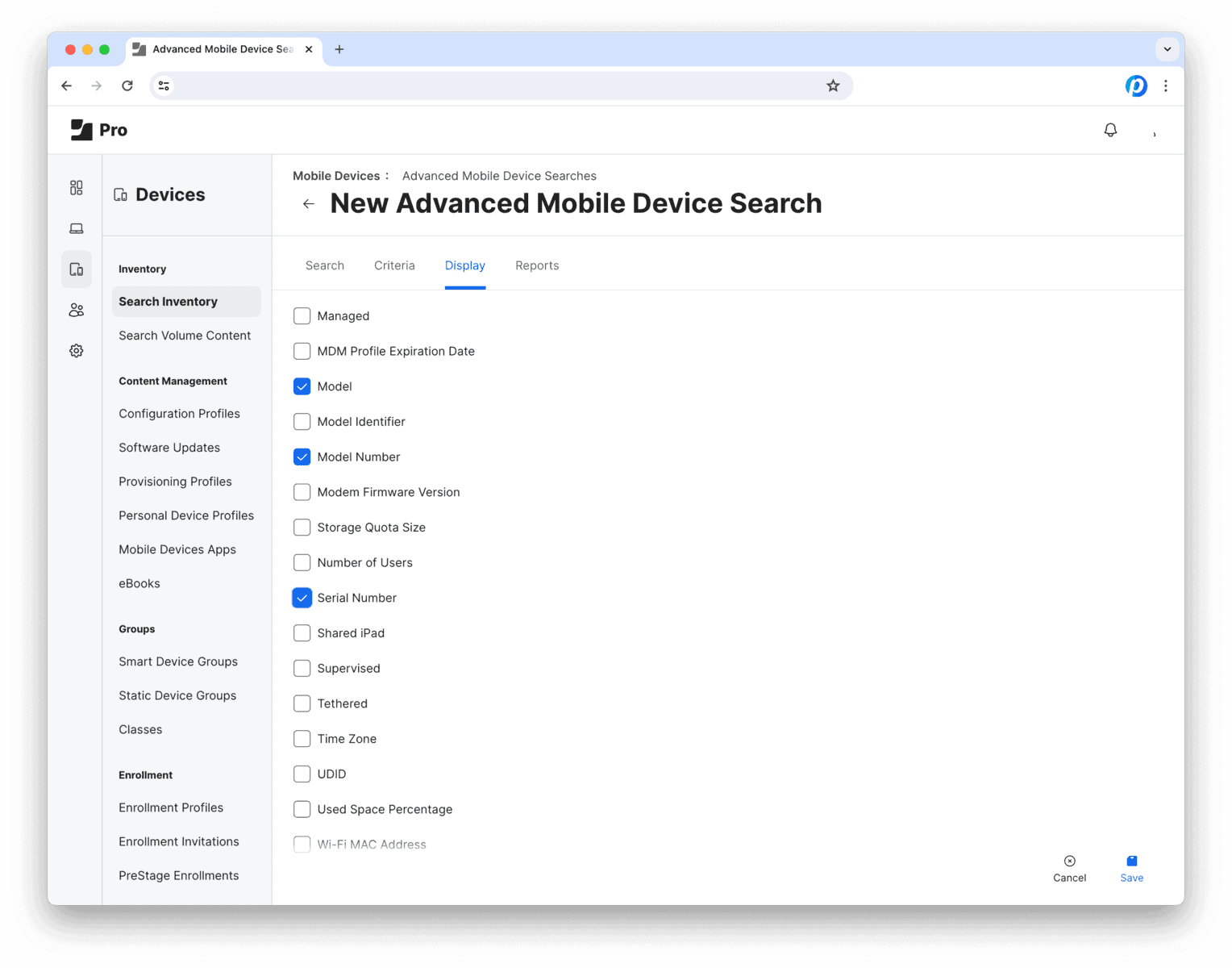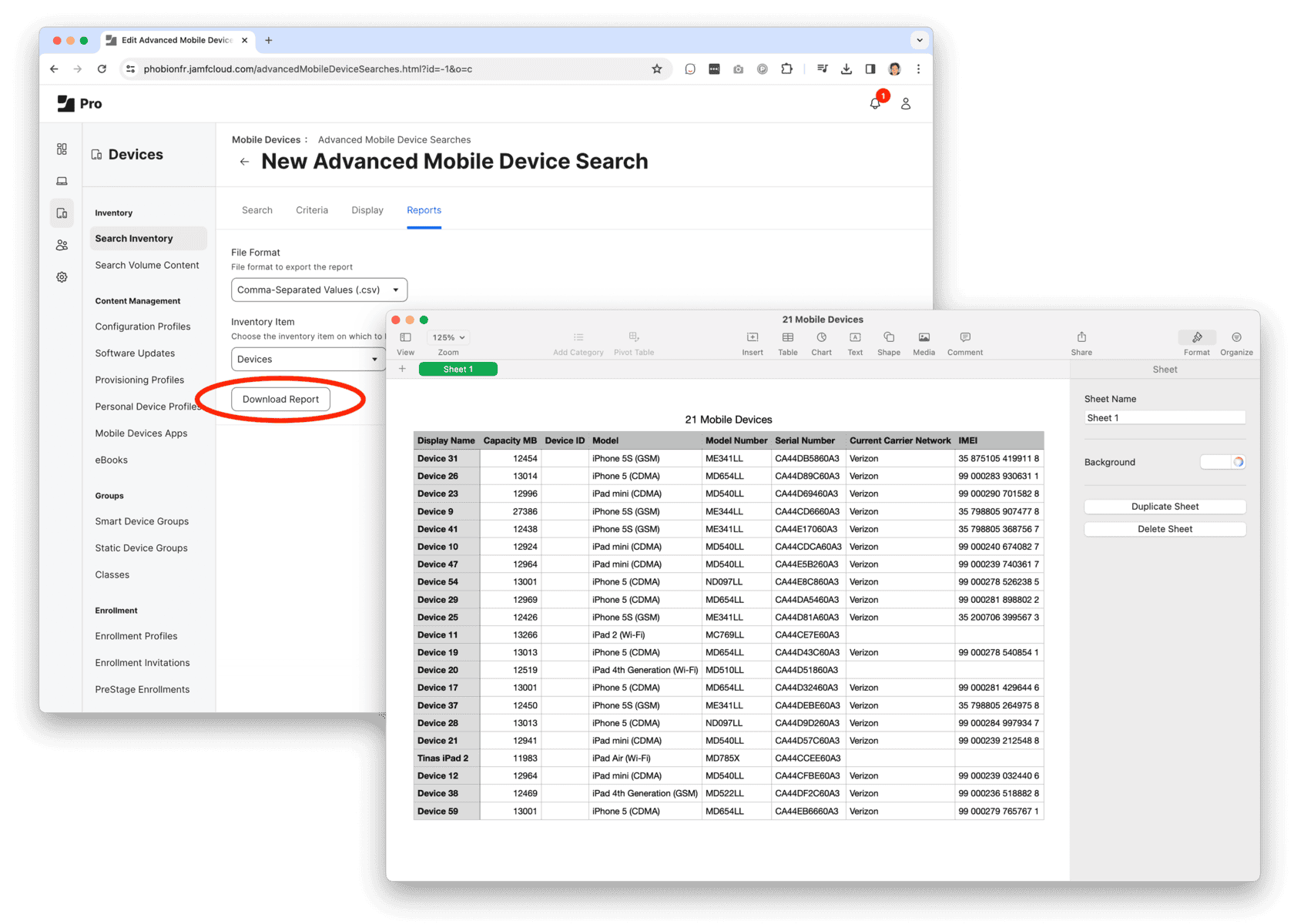Cyber crimes have been around as long as the internet has, but in our increasingly digital world, they’re getting more common than ever before. Whether it’s ecommerce or video conference calls for work, the COVID-19 pandemic has accelerated the time we spend online, and all the risks that come with it. A recent survey revealed that over 32% of adult respondents had experienced a hack of their social media or email accounts, and global cyber crimes are predicted to cost a staggering $6 trillion dollars annually by this year.
Cyber threats will continue to grow and evolve, and that means protecting yourself and your data from being compromised now – and in the future. Here are some precautionary steps you can take to deter online threats from hackers looking to steal data.
Create Strong Passwords
One of the most common ways consumers can protect themselves against online crime is to create strong and unique passwords for accounts, but statistics show that it’s easier said than done. In fact, 75% of Americans say they feel frustrated by keeping track of passwords and a whopping 66% say they use the same password across multiple online accounts, according to Google’s 2019 study, “The United States of P@ssw0rd$.” Exploiting passwords is an easy way for hackers to gain access to your valuable information, so strong passwords should include letters, symbols, and numbers and should be unique to each account.. A helpful way to make the task easier and safer is using a password manager, which does the work of creating and safely storing unique passwords for you.
Limit Personal Information on Social Media
Limiting personal information you choose to share on social networks protects you from bad actors interested in stealing personal details and information. If you don’t give it up, it’s less likely to be used against you. Turn off location features, lock accounts, try not to share photos that identify you (or your children), and steer clear of divulging “Personally Identifiable Information,” which is defined as any information that can be used to distinguish or trace an individual’s identity, including driver’s licence numbers, email addresses and full names. If sharing with family and friends is important, create special groups or lists on Instagram or Facebook to give them private, exclusive access to your content.
Use Two-Factor Authentication
Two-factor authentication is now an essential part of using the internet safely and one of the best ways to protect yourself against cyber criminals. The process includes an extra verification step on online accounts after a password is entered in order to gain access. Often, this means getting a text message with a unique code sent to a user’s phone which will have to be entered on a separate screen in order to get into the account. With 81% of company data breaches due to poor passwords, two-factor authentication is a reliable way to safeguard accounts, with stats to prove it: Google data shows that the 2-factor authentication method blocks 100% of automated bot hacks.
With the increase in cyber threats, security is top of mind for everyone. Upgrading tech is one way to help combat evolving digital crimes.








